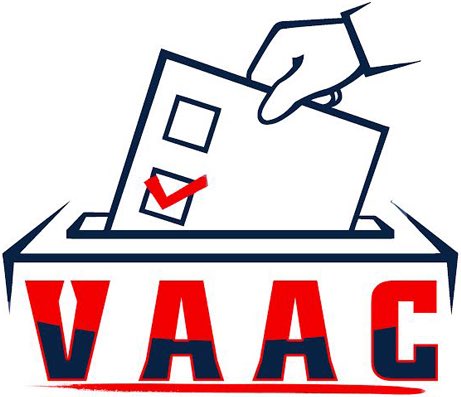Take Action: Call or Email Your State Representative.
What to Ask Your Representative to Do:
- Urge House leadership to bring SB 494 to the floor for a vote.
- Vote “YES” to pass SB 494 and ensure fair representation for all Michiganders.
Your voice can help end this outdated and harmful practice. Take action today!
Tell them:
“It’s time to end prison gerrymandering and support fair districts for all voters. Communities in Michigan deserve the representation they need. Please vote to support Senate Bill 494 and end this harmful practice.”
The criminal legal system inflicts many negative impacts on communities in the State of Michigan, one which we hear little about is prison gerrymandering.
When creating legislative districts, Michigan currently counts incarcerated people as residents of the places where prisons are located rather than in the communities where they would otherwise reside, where their families live, and where they overwhelmingly return upon release from incarceration.
Prison gerrymandering distorts democracy by counting incarcerated people as residents of the places where prisons are located rather than in the communities where they are from and where their families live. Under this system, incarcerated people end up being “represented” by elected officials who they cannot vote for and who have no connection to their family, friends, neighborhoods, or political communities.
This unfair practice, which strips political power from one community and gives it to another, is called prison gerrymandering.
- Prison gerrymandering unfairly inflates the population and political power of districts in which prisons are located at the expense of urban areas, in violation of the U.S. Constitution’s “one person, one vote” standard.
- By counting incarcerated people in prison towns where they otherwise have no connections, prison gerrymandering effectively denies incarcerated people meaningful representation, and undermines their reentry into their home communities where they should be counted.
- Prison gerrymandering has a pronounced racial effect, misappropriating power, disproportionately harming people and communities of color.
What’s the Harm of Prison-Based Gerrymandering?
When people are counted as ‘residents’ of their prison cells, it results in a population skew that ensures the bodies of mostly Black, Indigenous, people of color in prison are used to bolster the voting strength of the largely white, rural districts where incarceration facilities are located. This process touches the lives of millions by diluting the representation of all communities.
Census data is used to draw state and congressional legislative districts, so the number of people in your district matters. Because redistricting happens only once per decade (the next census is in 2030), this unfair distribution of power continues long after the people who are incarcerated return home.
Because of prison gerrymandering, our communities are not only robbed of fair representation, but also of access to resources that they could benefit from. Proper representation in the legislature ensures fair allocation of funding for things that directly impact the quality of life in a community and supports things like hospitals, fire departments, schools, roads, and resources for job seekers. The resources that are needed are stripped away and communities find themselves in a continual struggle to survive. That’s the destructive impact of prison gerrymandering.
Will you help advocate to change this practice?
While the Census Bureau is best positioned to end prison gerrymandering permanently and on a national scale, state action is needed to address this problem in the meantime— particularly ahead of the next redistricting cycle in 2030.
Voting Access for All Coalition is asking you to stand with us in support of ending prison gerrymandering in the State of Michigan.
We are asking that you send a message to your Representatives and State Senator urging them to support fair maps to ensure that our voices are heard and that everyone has access to resources that improve the quality of life in our communities. This cannot be achieved without bringing an end to Prison Gerrymandering.
